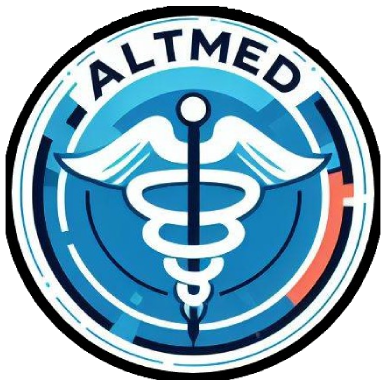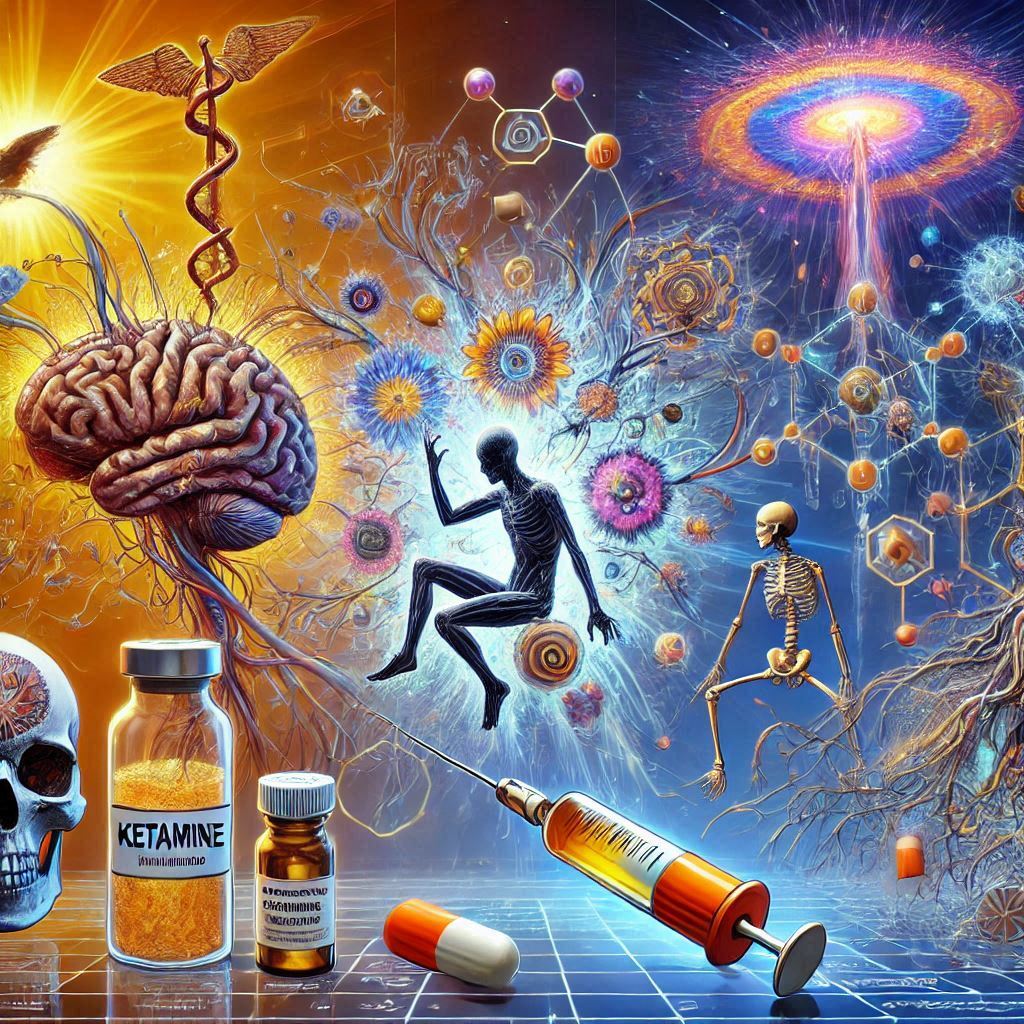Introduction
The intersection of traumatic brain injuries (TBIs) and substance misuse poses a significant challenge in clinical practice. Jacotte-Simancas and colleagues (2021) reviewed the effects of alcohol, opioids, and cannabis on TBI recovery in their article published in International Review of Neurobiology. This comprehensive review sheds light on the complex interactions between these substances and TBI pathophysiology, offering insights for clinicians managing these cases.
Key Highlights
- Alcohol’s Impact
- Alcohol exacerbates TBI-related outcomes by promoting neuroinflammation, increasing edema, and impairing neuroregeneration.
- Chronic alcohol misuse pre-injury can worsen neuroplasticity and recovery timelines.
- Opioid Use in TBI Patients
- Opioids, while valuable for acute pain management, may negatively affect TBI recovery through dependency risks and dampening neurocognitive rehabilitation.
- Their immunosuppressive effects may also contribute to poorer recovery outcomes.
- Cannabis: Dual Roles
- The review highlights mixed evidence on cannabis use. While cannabinoids may offer neuroprotective benefits through anti-inflammatory pathways, long-term misuse risks cognitive deficits and worsened rehabilitation outcomes.
- Understanding the dose-response relationship is critical for therapeutic use.
- Clinical Implications
- A thorough substance use history is essential for TBI management, including addressing pre-injury misuse.
- Tailored interventions and avoidance of unnecessary opioid exposure can mitigate complications.
The VitalPoint for Providers
This review emphasizes the importance of addressing substance use in TBI patients, particularly with alcohol and opioids. While cannabinoids may hold potential as adjunct therapies, caution is warranted given the complex recovery processes in TBI patients. Providers should balance pain management needs with minimizing risks associated with substance misuse.
Relevant Link:
International Review of Neurobiology Article

